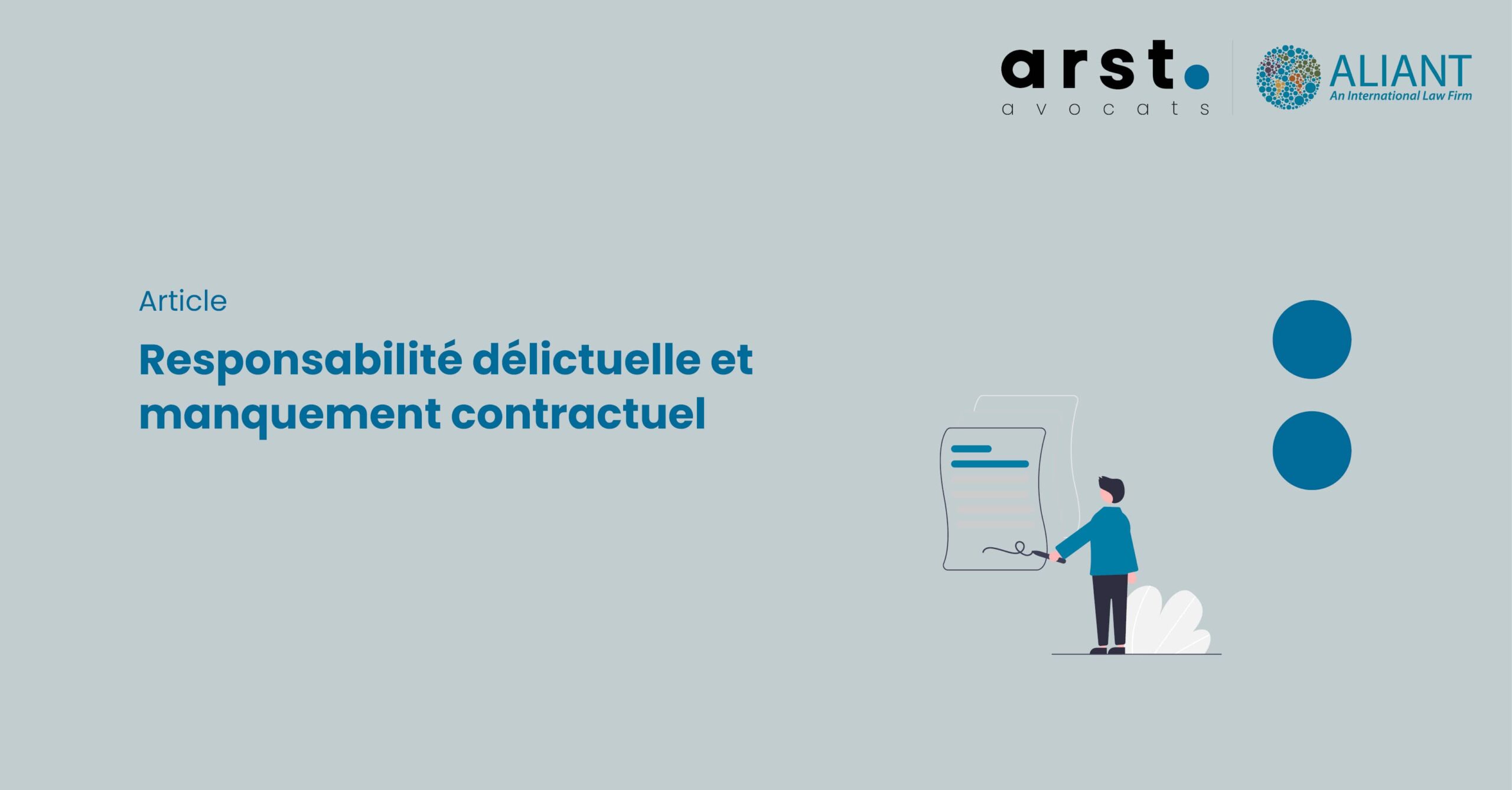
In the context of its " Boot'Shop " judgment of the plenary assembly of October 6, 2006 (n°05-13.255) , the Court of Cassation laid down the principle according to which the third party to a contract may seek compensation for the damage it suffers as a result of the fault committed by one of the contracting parties, without it being required to demonstrate the existence of a distinct extra-contractual fault.
The doctrine has analyzed this decision as an assimilation between contractual breach and tort, emphasizing in passing that such a solution would allow third parties to obtain, through damages, the execution by equivalent of contracts to which they are totally unrelated. , this in total contravention of the principle of the relative effect of contracts provided for in article 1199 of the Civil Code and according to which
third parties cannot [enforce] performance [of the contract]
A certain resistance seems to have subsequently been organized within the Court of Cassation itself through decisions imposing proof of the commission of a tort ( 3rd Civ ., October 22, 2008, n°07-15.692 ) or simply refusing to qualify as tort the breach of a contractual obligation (for example, that of delivering a work that is compliant and free from defects: 3 rd Civ., May 18, 2017, n°16-11.203 ). These judgments could thus be interpreted as blocking the “Boot'Shop case law”.
Under the terms of a plenary judgment of January 13, 2020 , the Court of Cassation firmly recalled the principle according to which the third party to the contract may request compensation for damages caused by a contractual fault, without any other condition than the demonstration of a causal link between this fault and this damage:
The breach by a contracting party of a contractual obligation is likely to constitute a wrongful act with regard to a third party to the contract when it causes him damage.
It is important not to hinder compensation for this damage.
Therefore, the third party to the contract who establishes a causal link between a contractual breach and the damage he suffers is not required to demonstrate a tort or quasi-tort fault distinct from this breach.
In a context, which seems to be that of a return to the "Boot'Shop" solution, the judgment of the Commercial Chamber of June 15, 2022, commented on here, sheds interesting light on the nature of the damage liable to compensation.
In the case submitted to the Court of Cassation, heirs were suing in tort against a bank and an insurer on the grounds that their negligence when buying back a life insurance contract had led their client, who had since , to have to borrow in order to be able to repay a loan in fine . As a result of this fault, the heirs claimed the allocation of damages and interest of an amount representing the balance of the loan in fine not covered by the disputed redemption, increased by the interest relating both to the loan in fine and to the other loans subscribed by the de cujus to meet its repayment obligation.
Unsurprisingly, the appeal decision having dismissed the heirs is confirmed by the Commercial Chamber, which indeed notes that by relying on the sums owed by the borrower himself, it is not a personal prejudice it was a question.
The case might have taken another turn if the plaintiffs had availed themselves of the fact that by going into debt to settle his loan in fine, the de cujus had finally reduced the estate assets, thus causing them a kind of miss to win. The question of the personal nature of their prejudice would then probably have been avoided. But that of the direct nature of the causal link between this damage and the fault committed by the bank and the insurer would have arisen because the two were in reality linked by something totally foreign to each other: the death of the de cujus . Indeed, without the death of their relative, the loss of earnings resulting from the depreciation of the estate assets would probably not have constituted a compensable loss. So much so that one can wonder if, for the heirs, the route of action in tort is only possible in the context of an original fault of a contractual nature.

Jefferson Larue
author
associate lawyer

Lily Ravon
author
lawyer
Repetition of old-age benefits obtained by fraud
Court of Cassation, Plenary Assembly, May 17...
Biennial prescription: the Court of Cassation finally sets limits in favor of insurers
The obligation to inform insurers about the causes of interruption of the two-year prescription does not require mentioning the entire article 2243 of the Civil Code according to which the interruption does not take place when the claimant give up, leave...
Interview with Romain Picard, young partner of the firm Arst Avocats specialized in Corporate / M&A
Today we welcome Romain Picard, a young partner from Arst Avocats, who tells us about the reasons that led him to join the firm and talks to us about the projects that drive him with regard to the development of the practice of Corporate / M&A in this office...
Repetition of old-age benefits obtained by fraud
Court of Cassation, Plenary Assembly, May 17...
Biennial prescription: the Court of Cassation finally sets limits in favor of insurers
The obligation to inform insurers about the causes of interruption of the two-year prescription does not require mentioning the entire article 2243 of the Civil Code according to which the interruption does not take place when the claimant give up, leave...
Interview with Romain Picard, young partner of the firm Arst Avocats specialized in Corporate / M&A
Today we welcome Romain Picard, a young partner from Arst Avocats, who tells us about the reasons that led him to join the firm and talks to us about the projects that drive him with regard to the development of the practice of Corporate / M&A in this office...